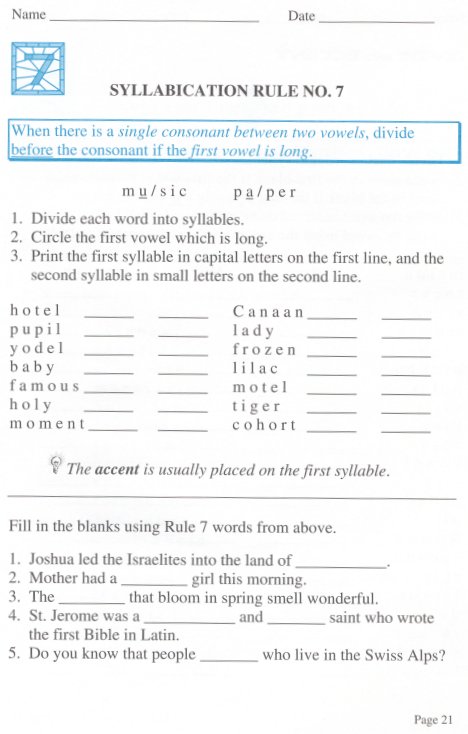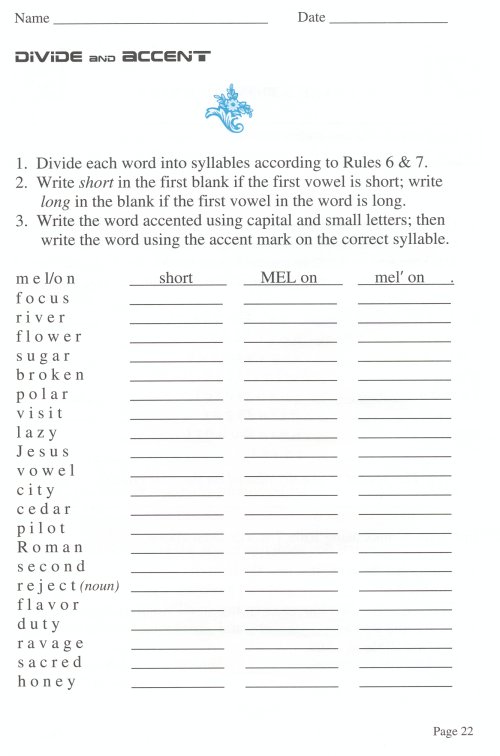CONTENTS
1. STAND BY THE FLAG (John Nichols Wilder)........ 1
2. A MOUNTAIN WONDERLAND (Walter Lefferts)............. 2
3. ON LIGHTING A CANDLE IN CHURCH (Katherine Edelman)............. 8
4. COALY-BAY, THE OUTLAW HORSE (Ernest Thompson Seton ) ............10
5. THE TOKEN (Sister Mary Angelita, Sisters of Charity of the Blessed Virgin Mary, Dubuque)................ 23
6. THE HISTORY OF ALl BABA, AND OF THE FORTY ROBBERS KILLED BY ONE SLAVE (Hamilton lV. Mabie)......... 25
7. WHEN THE FROST IS ON THE PUNKIN (James Whitcomb Riley)............. 60
8. A LATE WALK (Robert Frost) .............63
9. RICHARD CARR'S BABY (Richard Harding Davis).............. 65
10. GREAT SNAKESI (Richard Halliburton)........... 76
11. BETHLEHEM, 1918 (Dom Bede Camm, O.S.B.)........... 88
12. ALL WENT TO BE TAXED, EVERYONE TO HIS OWN CITY (RobertHugh Benson) ........96
13. A CHRISTMAS CAROL (Christina G. Rossetti) ...........103
14. TRANSFORMING WESTERN DESERTS (William Atherton Du Puy) ............106
15. WINTER (Robert Southey)............. 120
16. YOUR FLAG AND My FLAG (Wilbur D Nesbit).......... 122
37. r 17. THE LIGHTHOUSE (Ohelsea .Fraser)............... 124
38. : 18. NICCOLO'S KITES (A Teresian of Maryknoll) ............130
19. GEORGE WASHINGTON (Rupert S. Holland) ........139
20. SOMETIMES (Thomas S. Jones, Jr.)........... 155
21. "I SEE HIS BLOOD UPON THE ROSE" (Joseph Plunkett) ............156
22. HANS AND THE JESSE WINDOW (Winifred E. Howe) ...........158
23. SUCCESS (Rev. Joseph Rickaby, S.J.) ..............173
24. THE OIL WELL AND ITS LARGE FAMILY (Charles E. Rush and Amy Winslow)........... 175
25. SUN AND SHADOW (Oliver Wendell Holmes) ..........179
26. PIKE'S PEAK (Everett T. Tomlinson) ........182
27. THE DIVERTING HISTORY OF JOHN GILPIN (William Cowper) ...........189
28. THE MAKING OF BIRDS (Katherine Tynan Hinkson) ...........202
29. THE "AVE" HOUR (George Gordon, Lord Byron) .............204
30. THE DEATH AND RESURRECTION OF OUR LORD (Rev. C. Martindale, S.J.) .....206
31. DANIEL BOONE AND THE FOUNDING OF KENTUCKY (Theodore Roosevelt) .............224
32. A POLISH PATRIOT (Monica Gardner)... 232
33. THE GLORIOUS WHITEWASHER (Mark Twain)......... 249
34. CLOVER (Rev. J ohn Banister Tabb) ............259
35. SAINT ISAAC JOGUES, S.J. (Rev. Robert E. Holland, S.J.) .........261
36. BEHIND THE GOLDEN DOOR (Sister Marie St. S. Ellerker, O.S.D.)........ 271
37. THE FLOWER OF LIBERTY (Oliver Wendell Holmes)............... 275
38. SHADE (Theodosia Garrison).............. 276
39. THE GRASS (Emily Dickinson)................. 278
40. WORK (Henry van Dyke) ............279
41. SAINT ALOYSIUS (Rev. J. E. Moffat, S..1.) ................281
42. O CAPTAIN! MY CAPTAIN! (Walt Whitman) ................289
43. SOLDIERS OF FREEDOM (Woodrow Wilson).......... 292
44. ROOFS (Joyce Kilmer) ................293
45. OLD DUTCH TIMES IN NEW YORK ( Thomas Wentworth Higginson) ..........295
46. A LAD THAT Is GONE (Robert Louis Stevenson) ...........308
47. THE BELOVED (Katherine Tynan Hinkson).......... 310
48. THE STORY OF MOLLY PITCHER (Agnes Repplier)............ 312
49. SONG FOR A LITTLE HOUSE ( Christopher Mo)rley) ..........315
50. THE LILY OF THE MOHAWKS (Mary Dodge TenEyck) ........316
51. AN APRIL MORNING (Bliss Carman) .............326
52. ZACHARY THE SHOE-MENDER (Enid Dinnis).............. 328
53. SHERMAN'S RillE (Thomas Buchanan Reade, with Introduction by Sister Carmelita, O.S.U.)... 351
54. DEAR LAND OF ALL MY LOVE (Sidney Lanier)........ 356
55. THE HORN OF FAME (Booth Ta.rkington). ........358
56. THE ADDRESS OF THE ROMAN CATHOLICS TO GEORGE WASHINGTON, ESQ., PRESIDENT OF THE UNITED STATES....... 374
57. WASHINGTON'S ANSWER............ 376
58. THE NIGHT (Hilaire Belloc)............ 379
59. THE SHIP OF STATE (Henry Wadsworth Long fellow) .............380
GLOSSARY......... 382
I See His Blood Upon the Rose by Joseph Plunkett
(from the American Cardinal Readers, Book Six, pgs. 156-157)
I see His blood upon the rose
And in the stars the glory of His eyes,
His body gleams amid eternal snows,
His tears fall from the skies.
I see His face in every flower;
The thunder and the singing of the birds
Are but His voice--and carven by His power
Rocks are His written words.
All pathways by His feet are worn,
His strong heart stirs the ever-beating sea,
His crown of thorns is twined with every thorn,
His cross is every tree.
Study Suggestions
About the Author. Joseph Plunkett, one of the leading Irish poets, was born in 1888. He was for a time the editor of the "Irish Review," a monthly publication which had ceased before his death. He wrote matter of a high quality, both in prose and in verse. Having taken part in the Rising for Irish freedom in 1916, he was captured, tried by court martial and sentenced to death. He was executed on the morning of May 4, 1916.
Notes on the Text. Read this poem aloud. As you read, try to picture, as the poet does, the presence of God in everything in nature about you.
Questions on the Text.
1. Why does the poet say that he sees God's blood upon the rose?
2. In each line of the first stanza, the poet combines a thought of God with something beautiful in nature. See if you can name these combinations.
3. Think about stanzas 2 and 3 in the same way.
4. Will a poem of this kind make you feel more deeply the things that are beautiful and awe-inspiring in the world about you? Why?








